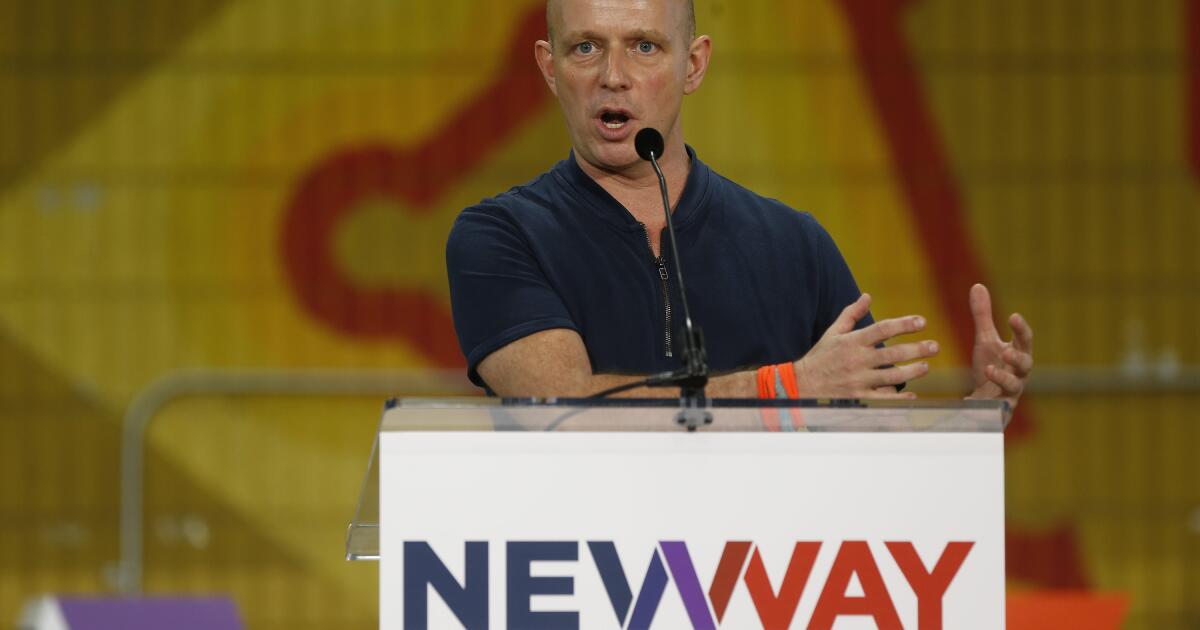SEOUL (Reuters): The leaders of South Korea, China and Japan will hold their first trilateral summit in more than four years in Seoul on May 26-27, Seoul’s presidential office said on Thursday.
South Korean President Yoon Suk Yeol will hold bilateral talks with Chinese Premier Li Qiang and Japanese Prime Minister Fumio Kishida on Sunday, ahead of their three-way gathering on Monday, deputy national security advisor Kim Tae-hyo said.
The three will adopt a joint statement on six areas including the economy and trade, science and technology, people-to-people exchanges and health and the aging population, he said.
“This summit will be a turning point in completely restoring and normalising the trilateral cooperation system, while providing an opportunity to secure momentum for forward-looking, practical cooperation from which the people of the three countries can feel the benefits,” Kim told a briefing.
The neighbours had agreed to hold a summit every year starting in 2008 to boost regional cooperation, but the initiative has been disrupted by bilateral feuds and the COVID-19 pandemic. Their last trilateral summit was in late 2019.
The summit comes as South Korea and Japan have been working to improve ties strained by historical disputes while deepening a trilateral security partnership with the United States amid intensifying Sino-U.S. rivalry.
Beijing has previously warned that Washington’s efforts to further elevate relations with Seoul and Tokyo could stoke tension and confrontation in the region.
South Korea and Japan have also warned against any attempts to forcibly change the status quo in the Taiwan Strait, while China on Tuesday criticised a decision by South Korean and Japanese lawmakers to attend Taiwanese President Lai Ching-te’s inauguration.
But Kim said the issue would have “no impact at all” on the upcoming summit as Seoul has consistently maintained the “one-China” principle.
The three countries were also expected to discuss North Korea’s evolving weapons programmes, which South Korea and Japan have
urged
China to do more to address. (Reporting by Hyonhee Shin Editing by Ed Davies and Gareth Jones) – Reuters
